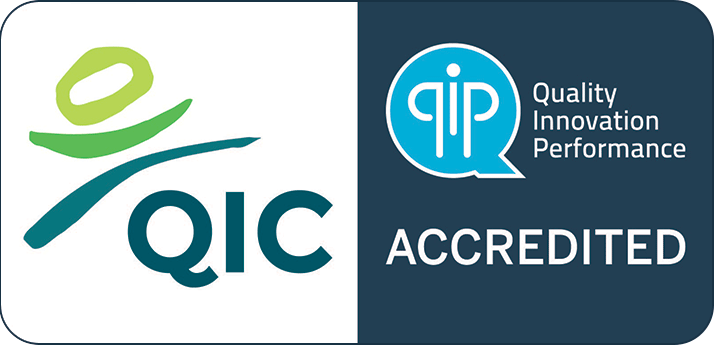Kylie Degenhardt learnt early in life about the power of connection to culture – and what happens when it’s lost. Today she is sharing her family’s story as part of NAIDOC Week.
Kylie grew up watching her grandfather Robert search for his sister Rosa, after they were removed from their mother – on a bus – when he was aged just two.
“His mother Elma, my great-grandmother, was a Palawa woman from Tasmania,” says Kylie.
“She was pregnant with my grandfather when she stowed away on a boat because of the genocides that were happening at the time.’’
As Elma searched for her children in Adelaide years later, Robert began to trace Rosa. After 67 years apart, the siblings were finally reunited.
“Just to witness that pain on their faces and what it meant to have each other in their life after all those years of loss; it was emotional,’’ Kylie says.
Both died shortly after, within months of one another.
“Seeing each other, it was their peace.”
A Youth Support Worker at headspace Port Adelaide, Kylie draws on years of experience working with young Aboriginal people living homeless to address challenges such as mental health and reconnect them to culture.
“I guess that’s why I do this work. I was in residential care, for a long time, working with Aboriginal young people that had been removed from family.
“If it has to happen, it has to mean something, so I wanted to make sure the connections were still there with young people and culture, because we have lost so much connection and language.’’
Thoughts of Robert and Elma’s courage are a constant inspiration for the mother-of-two, along with the influence of her Auntie Susie and her sister, Vicki.
In NAIDOC Week, Kylie would like the wider community to think about culture and the agony that results when the connection is lost.
“People talk about culture, but as an Aboriginal person, you actually want to feel that; you live it every day, you breathe it.’’
This year’s NAIDOC theme `Because of her, we can!’ celebrates the essential role that women have played – and continue to play – as active and significant role models at the community, local, state and national levels.







